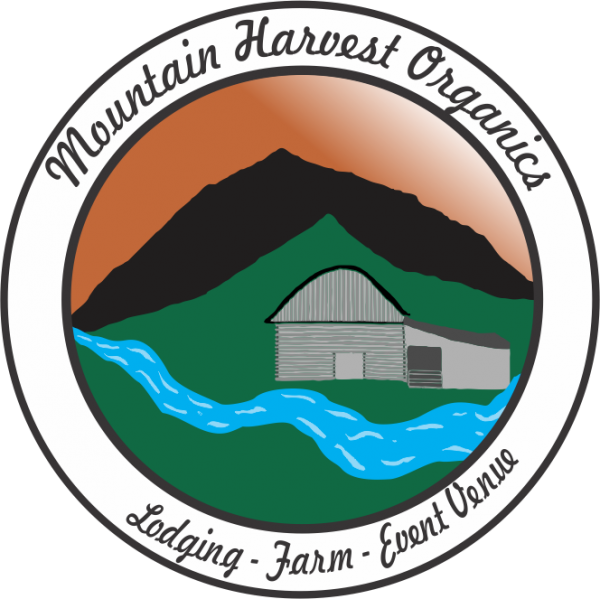Projects, WP Migration
Just when you think you have it figured out
So we thought we had summer lettuce production figured out. Why did we think this? Mostly because for the past 6 years, we’ve had plenty of lettuce at market, nearly each week for the entire summer. In fact, last season we had too much lettuce during the summer and didn’t sell it all so this season we’ve reduced our lettuce production by 25%. Another reason why lettuce production this season has been unreliable, is because we’ve had several successions not germinate and are unsure why, thus have missed a week or so in delivering/selling summer lettuce to our CSA/Market customers. On top of that, we haven’t been keeping the weeds at bay and normally hoeing lettuce makes the priority list each week throughout the season, because lettuce is a crop that particularly likes good air flow in hot weather. It seems that with our afternoon showers the weeds grow HUGE during the night while we are sleeping. Perhaps this wasn’t the year to reduce our lettuce production!
I like that we offer lettuce almost each week to our CSA because it makes a summer box look full. Granted, the dollar value of the summer shares are normally much higher than the retail value, because of those heavy crops such as tomatoes, potatoes, onioins and squash. It always seems to me that Spring boxes look packed full because the greens are so beautiful and fluffy. I have to admit that I am obsessed with trying always to have something included in our share each week that is “Fluff” and normally lettuce, basil and parsley is “Fluff” for the share during the summer. Carl thinks it is ridiculous for me to try and have “Fluff” in the box just so when one opens up their share the perception is that it is very FULL containing a good portion of food to last the entire week. I would love to get beyond the desire to have “Fluff” each week but just haven’t been able to do so. Many CSA members might get a little tired of the basil and parsley; then again many CSA members also like to dry basil and parsley, or freeze it in batches of pesto for their winter stash. . I know our CSA members could care less about “Fluff”. It seems they are happy with whatever is harvested which that I am thankful for.
The Fluff Factor for CSA shares has been difficult this season. In part due to our problems with lettuce, but also because most of our basil crop has succumbed to downy mildew, and quite a few of our parsley has died and the parsley still alive doesn’t seem to be growing so we haven’t harvested parsley for the CSA the last couple weeks. So my mission for the rest of the summer… Try to understand why our lettuce is not germinating well this season and to keep our lettuce hoed! So that is what we did last week…. Hoed away the weeds from our lettuce and are now preparing the fields for lettuce to be transplanted again.

A little off topic… I’ve just finished reading, “What Matters”, written by Wendell Berry. I recommend this book to anyone interested in reading about a concept for a more sustainable economy. Dad, if your reading, I bought this book for you! The below is a summary from this book, in regards to conserving the forest, that I find very interesting as we delve deeper into the silvaculture enterprise of our farming operation. My hope is that we can achieve the same goal in our forestry plan for maintaining the current ecosystem and maybe even improving it over time.
The Menominee, native Indians in northern Wisconsin, originally inhabited approximately 10 million acres and survived as hunters and gatherers. In around 1854, their land holdings were around 235,000 acres of which 220,000 acres were forested so they implemented a forest management program that would “sustain” their people. Over the 140 years between 1865 and 1988 their forest yielded approximately 2 billion board feet. Today, with a continuous logging plan over the last 140 years, their forest is STILL estimated to contain a billion and a half board feet (same estimate as when they first implemented their forestry plan in 1865) with the diameter of the trees only being reduced by 1/2 of one inch. Mostly because foresters want few large trees.
